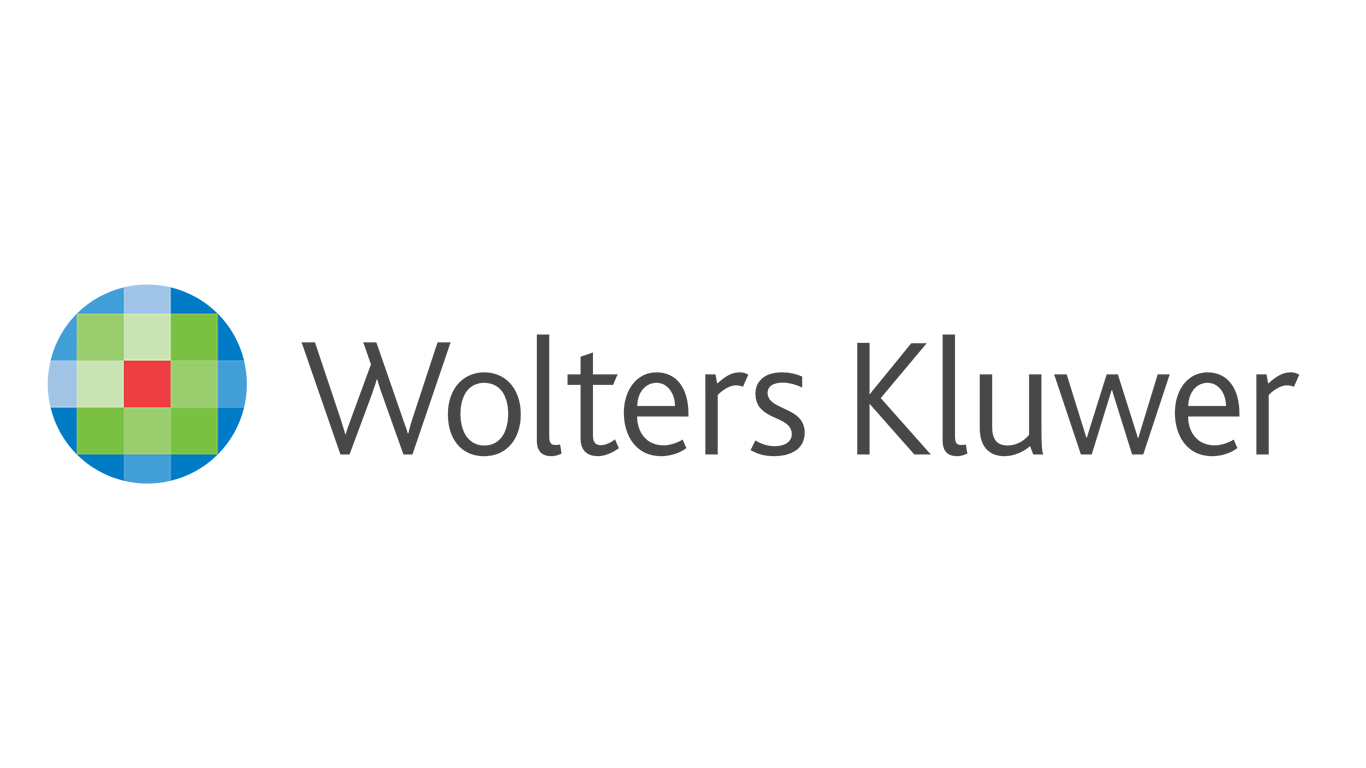Agenzee Launches Agenzee Assist: A Comprehensive...
- 04.02.2026 12:45 pm
Bain & Company Acquires JJC FinTech To Enhance CLM...
- 02.02.2026 01:15 pm
Profitus Strengthens AML Risk Management, Selects...
- 28.01.2026 08:45 am
Sidetrade Advances Security Leadership with SOC 1®...
- 13.01.2026 11:15 am
FMO Selects Fenergo to Streamline KYC and Onboarding...
- 12.01.2026 07:55 am
Affirmative is Now a Nacha Preferred Partner for...
- 12.01.2026 07:30 am
Ecommpay Gains Full Digital Accessibility Centre...
- 11.12.2025 10:25 am
Payhawk Partners With Invopop to Deliver Pan-European...
- 25.11.2025 09:05 am
PensionBee Partners with Adclear to Bring AI to...
- 05.11.2025 01:55 pm
Flagright Selected by Webull for Real-Time Transaction...
- 28.10.2025 12:45 pm
Smarsh Announces Expansion of Relationship With...
- 22.10.2025 12:35 pm
CUBE Acquires Berlin-Based Kodex AI, Creating an...
- 16.10.2025 01:35 pm






















